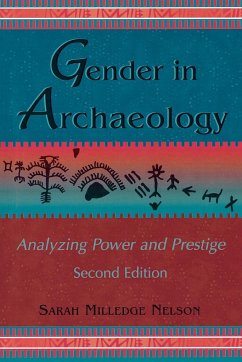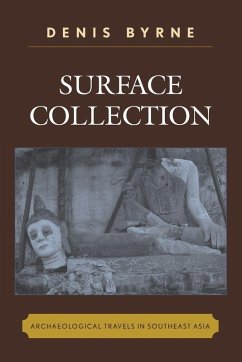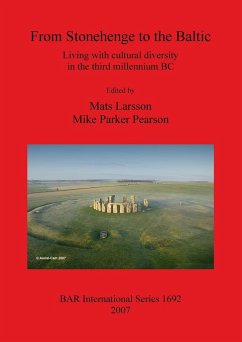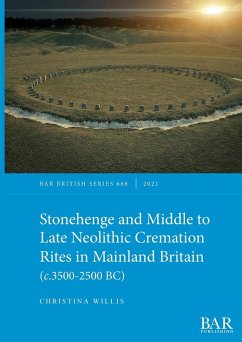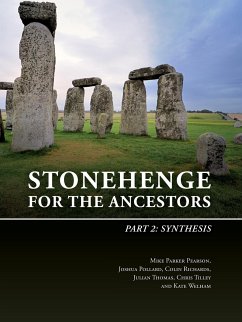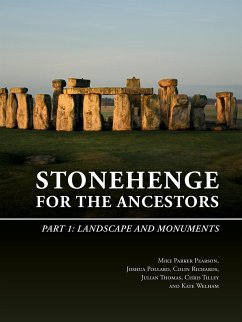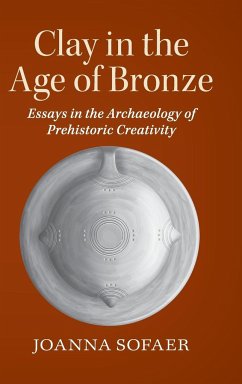
From Stonehenge to Las Vegas
Archaeology as Popular Culture
Versandkostenfrei!
Versandfertig in 1-2 Wochen
51,99 €
inkl. MwSt.
Weitere Ausgaben:

PAYBACK Punkte
26 °P sammeln!
Using wide-ranging examples and compelling images to support his often controversial theses, including the assertion that the past is a "renewable resource," Cornelius Holtorf merges archaeological and cultural theory to take readers on an erudite tour of these intersections. Deliberately blurring the borders between past people and present meanings, this ambitious project seeks no less than the redefinition of the term "archaeology." Equal parts amusing, infuriating, provocative and thought-provoking, this work will interest students and teachers in archaeology, anthropology, cultural studies...
Using wide-ranging examples and compelling images to support his often controversial theses, including the assertion that the past is a "renewable resource," Cornelius Holtorf merges archaeological and cultural theory to take readers on an erudite tour of these intersections. Deliberately blurring the borders between past people and present meanings, this ambitious project seeks no less than the redefinition of the term "archaeology." Equal parts amusing, infuriating, provocative and thought-provoking, this work will interest students and teachers in archaeology, anthropology, cultural studies and human geography, as well as professionals in heritage management and museums.






